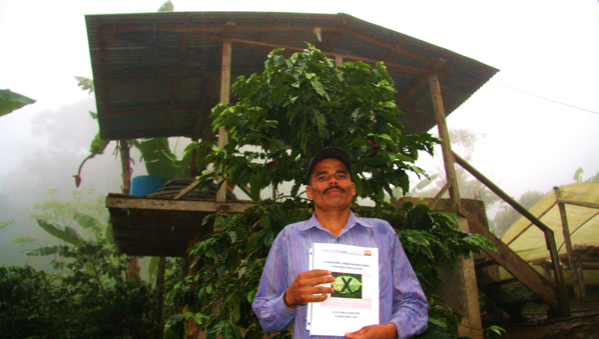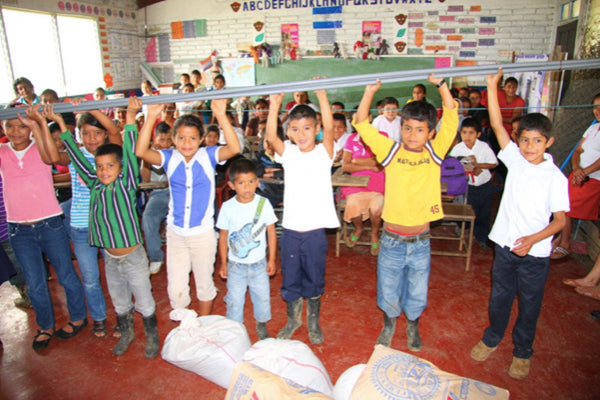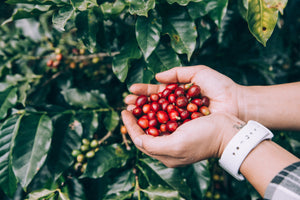
Corporate Social Responsibility In Coffee – Making a Positive Impact
With CSR, sustainability, and fairness in the supply chain of increasing importance in the global coffee market, Will Harrigan takes a look at the history and current state of play
Background
The first notion of Corporate Social Responsibility (CSR) was published by Bowen in 1953 in a journal titled ‘Social Responsibilities of the Businessman’. Since this publication CSR has become a prominent talking point in the business environment and societal expectations of business behaviour have developed therefore more organisations are developing their own ethical stance. This movement towards CSR approach has increased over previous decades due to development and engagement of consumer attitudes towards ethical and philanthropic practise.
These purchase decision making changes have been present in coffee industry sales with the demand for certified coffee dramatically increasing in the 21st century. This included brands such as ‘Fairtrade’ and ‘Rainforest Alliance’ whose purpose is to promote social awareness and sustainability for coffee producers. The International Trade Centre explained that the increase of these sales were due to ‘consumer concerns over poverty, social injustice and environmental destruction’ (International Trade Centre, 2011).
Flaws of Certified Coffee
However, over the last decade debates have risen over the validity of Fairtrade and the benefits that its model has for coffee producers. There are arguments both ways for this model however, it is apparent that there are other ways of being more socially responsible when it comes to purchasing and producer support – you can find more information here from Bruce Wydick.
Personally, I believe twenty or so years ago Fairtrade was instrumental in its supportive price structuring for producers. However, markets develop, especially in the coffee industry, driven by consumer taste and demand, the speciality sector has grown enormously. With this development, purchasing models of green coffee have also developed.
New Models
As roasting companies we are seeing the rise of Direct Trade relationships. This approach to purchasing benefits both the producer and the roaster whilst engaging the customer. There is no doubt that Direct Trade has benefits for all parties involved. But Direct Trade is just the start when it comes to how we can support small scale and underdeveloped producing communities in third world countries.
Can we do more
I believe that we as coffee buyers can do more to have a positive impact in coffee producing countries. To understand this further I spent two months in the producing regions of Central America where poverty effects over 50% of the population. I was shocked with the living conditions and lack of amenities of these rural communities. Restricted fresh water access, no electricity, malnourishment, poor living conditions, few educational resources and poor infrastructures were common. There’s no doubt that there is no other industry in the world that involves so many people from the roots up. So if we want to continue to see speciality coffee production in these poorer countries we have to help to provide further support otherwise we may start to see production levels fall.
Real people, real CSR
Now there are people making an impact, but I really believe that more can be done simply by restructuring purchasing models and engaging our consumers to these communities.
During my time in Nicaragua I spent a week with Ben Weiner at Gold Mountain Coffee Growers, a social enterprise who are exporting coffee from small scale producers. Over the last few years Gold Mountain have helped rural coffee communities in Nicaragua by offering loans, exporting their coffee as microlots gaining higher prices for the producers, educating producers to enable them to produce increased volume and higher quality coffee, building roads for easier exporting and access and even purchasing a rainforest to protect land!

I have a huge amount of respect for organisations who are working closely with producers and pushing boundaries to grow together whilst making an impact. Simply donating money is not enough anymore. Integrating socially responsible behaviour through business operations such as real direct sourcing and giving a quality premium directly back to the producers whom the coffee is purchased from make CSR so much more powerful and impactful. Visiting and spending time with the communities and people who would benefit from this to learn and understand how and where support could help is so valuable. Finally, verifying that quality premiums are being used for what they are intended for by revisiting these communities will ensure purchase price pricing promises aren’t broken.
Will Harrigan is a freelance barista and has completed a Masters thesis in CSR and the coffee industry



